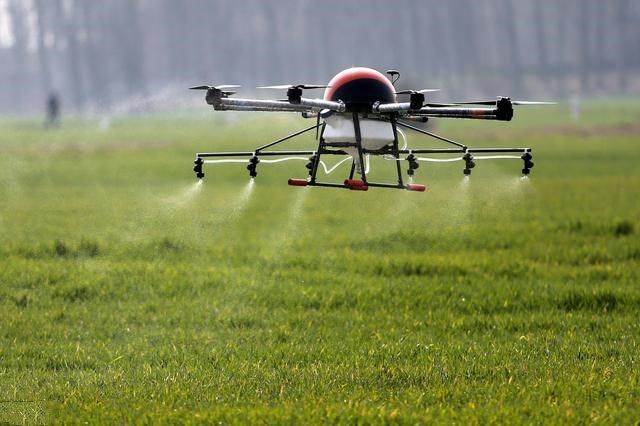Automation is rapidly changing the landscape of agriculture by reducing the need for manual labor and improving overall farm efficiency. In this article, we’ll explore how automation is transforming farming operations.
Automation in agriculture involves the use of robotics, sensors, and artificial intelligence to perform tasks that were traditionally done by human workers. This shift towards automation has several benefits, including increased productivity, cost savings, and improved farm management.
One of the most noticeable changes brought about by automation is the use of autonomous tractors and machinery. These vehicles are equipped with GPS, sensors, and sophisticated software that enable them to operate independently. Farmers can program these machines to perform tasks such as plowing, planting, and harvesting with minimal human intervention. This not only saves time but also reduces labor costs.
Automation also plays a significant role in livestock farming. Automated feeding systems, for example, can dispense precise amounts of feed at scheduled intervals, ensuring that animals receive the right nutrition. Similarly, robotic milking machines can milk cows more efficiently and consistently than manual methods.
In addition to reducing labor requirements, automation improves the precision and consistency of farming operations. For example, drones equipped with cameras and sensors can monitor crop health and detect problems such as pest infestations or nutrient deficiencies. This data allows farmers to take targeted action, minimizing crop losses and optimizing yields.
Automation also contributes to sustainability in agriculture. Efficient use of resources, such as water and fertilizers, reduces waste and minimizes environmental impact. Furthermore, automation can help reduce the need for chemical pesticides by enabling precise and timely interventions when pest issues arise.
While automation offers numerous advantages, it also presents challenges, such as the initial investment cost and the need for specialized training. However, as technology continues to advance, the benefits of automation are likely to outweigh these challenges, making it an integral part of modern farming.
In conclusion, automation is transforming farming operations by increasing productivity, improving precision, and contributing to sustainability. As agriculture embraces technological advancements, the future holds even more opportunities for automation to enhance efficiency and reduce the environmental footprint of farming.







Please sign in to comment
register